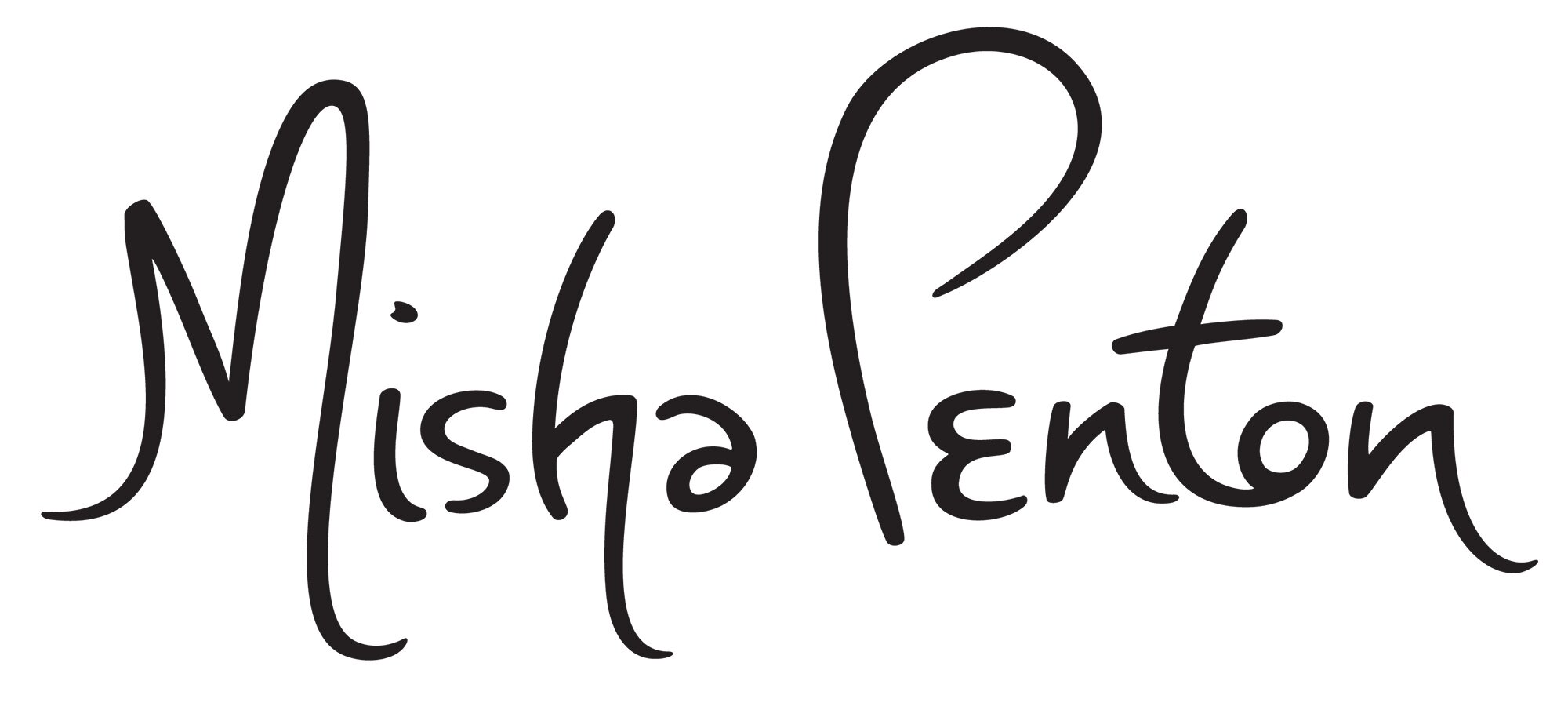‘All Voice is Shaped Breath’
A Series of Posts: Thinking About Voices & Bodies
Notes from The Vox Lab
In the studio, I release my body to gravity and roll, oozing across the wood floor. I slip a physio ball under my belly and back, it becomes a tool for releasing the breath-sound that eases out of my body as I glide over the ball.
As Steven Connor writes in ‘Whisper Music’:
‘All voice is shaped breath’
(2007–08, n.p.)
👇🏼Misha Music Mini / Micro-Opera: 11 seconds
That is so beautiful—the voice as shaped breath. To breathe in is to inspire, from Latin inspirare, ‘to breathe or blow into’ – its root is from the word spirare: ‘to breathe.’ And the word Inspiration is connected to the etymology of spirit: from the Latin for ‘breath,’ spiritus, which is also from spirare’. Words are cool!
I focus on the flexibly and opening of the rib cage by leaning into the ball with my back, sides, and torso. I breathe with, and into, my side-body and back-body. I sense my breath deep in my belly, emerging from what I call the ‘pelvic crucible’.
My body resonates when I vocalise, like when the nearby piano strings ring in sympathetic vibration with my voice. I vibrate. The resonance of language and its nonrepresentational voicings are ‘ways for the human body to sing the world’s praises and in the last resort to live it’ (Merleau-Ponty [1945] 2002, 218).
Isn’t that great?! That’s great stuff right there, folks:
‘sing the world’s praises’
Whether live or in the recording process, it is through the sonority and its transference from flesh to sound to digital archival media, that I experience the directness of embodied vocal expression.
Below is a glimpse into my experimental warm up series.
This post is a (very!) revised and slightly irreverent (and thus, reader-friendly) fragment from my recently approved doctoral thesis, ‘Vocality as / in Composition: solo and collaborative creation of new postopera works’. Bath Spa University, UK.
Cited Sources for Curious Under- & Over-Achievers
Connor, Steven. 2007-08. ‘Whisper Music’, lecture given at the Take a Deep Breath Symposium, Tate Modern, 15 February, 2007 and at Giving Voice, Centre for Performance Research, Aberystwyth, 28 March 2008. Accessed 10 January 2019. Check it out here.
Merleau-Ponty, Maurice. (1945) 2002. The Phenomenology of Perception. Translated by Colin Smith. London, New York: Routledge Classics. First published in French as Phénoménologie de la perception, 1945 by Gallimard, Paris.
Penton, Misha. 2021. ‘Vocality & Embodiment’ in ‘Vocality as / in Composition: solo and collaborative creation of new postopera works’, 25-7. PhD Diss. Bath SpaUniversity, UK
